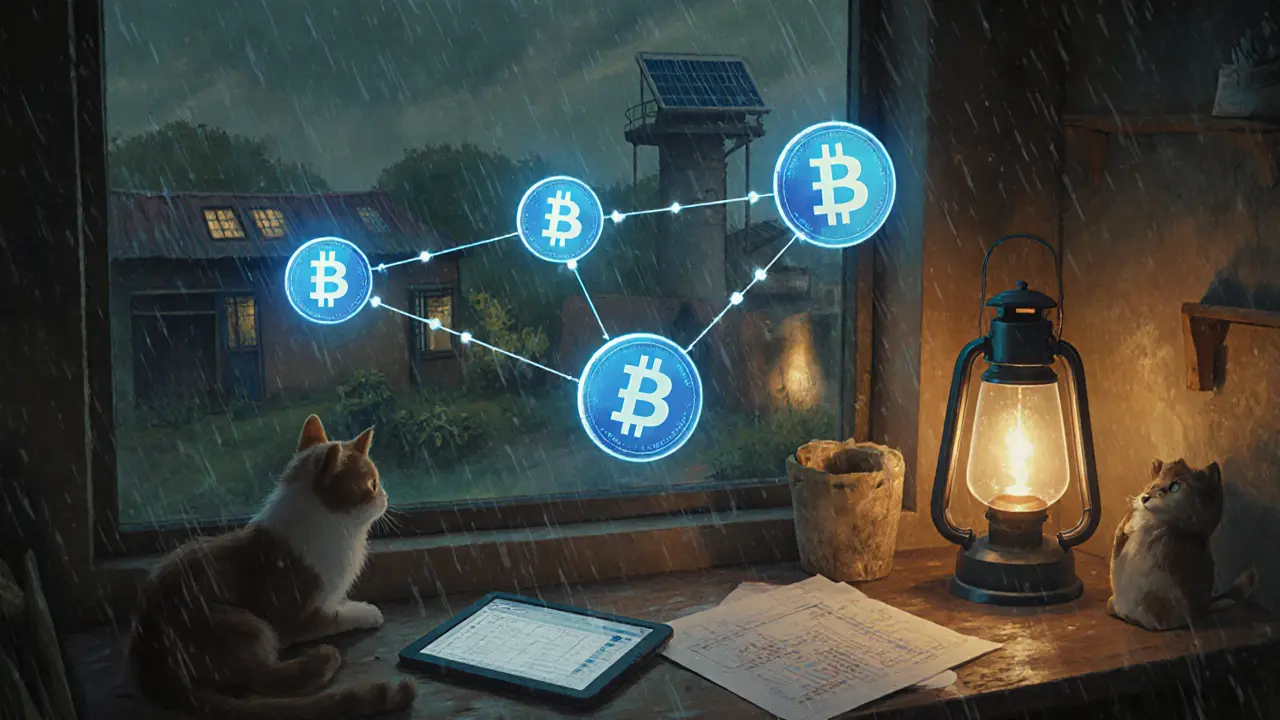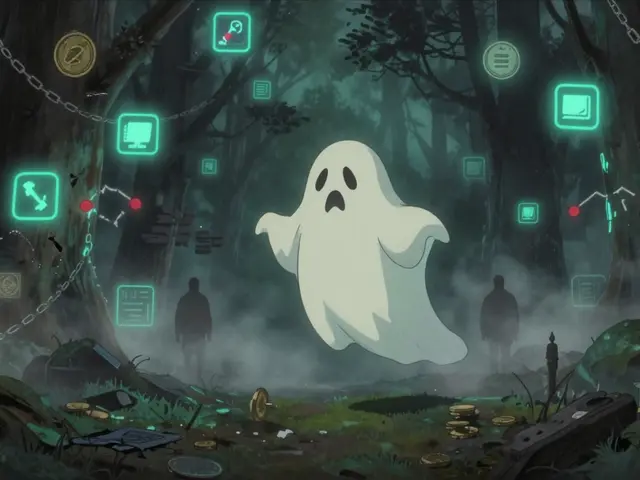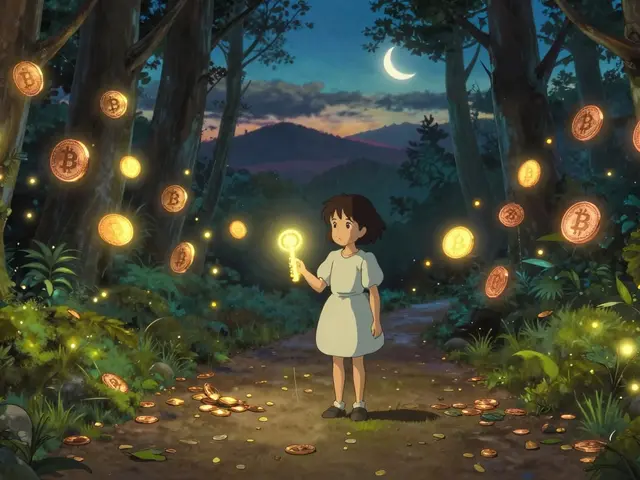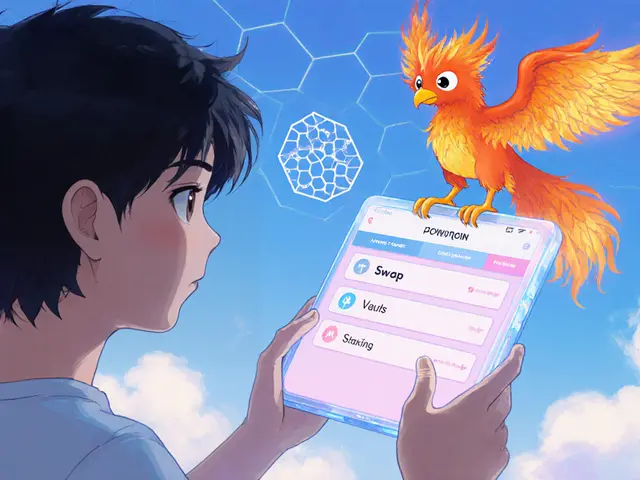NFT Intellectual Property: What You Own and What You Don’t
When you buy an NFT intellectual property, the legal rights tied to a digital asset on the blockchain. Also known as digital ownership rights, it’s often misunderstood as full control over the image or content—but it rarely is. Most NFTs are just tokens pointing to a file, not the file itself. Owning the token doesn’t mean you own the copyright, the right to reproduce it, or even the right to use it commercially. That’s a myth. The artist usually keeps all those rights unless they explicitly transfer them in writing.
Think of it like buying a print of a painting. You own the print, not the original artwork or the right to make posters from it. The same applies to NFTs. If you bought a Bored Ape NFT, you can’t slap that ape on t-shirts and sell them without permission from Yuga Labs. That’s NFT copyright, the legal protection of the original digital creation—and it’s almost always held by the creator. Even if the NFT marketplace says "you own the art," that’s marketing, not law. Courts in the U.S. and EU have started ruling that NFT purchases don’t transfer intellectual property unless clearly stated in a contract.
NFT royalties, automatic payments to creators when their NFTs are resold are another layer of confusion. Many platforms enforce royalties on secondary sales, but those aren’t legally binding everywhere. In 2023, OpenSea stopped enforcing them, and some buyers now refuse to pay. That means even if a creator built royalty payments into the smart contract, there’s no guarantee you’ll have to pay them. It’s a system built on trust, not law. And if the creator disappears or the platform shuts down? Those royalties vanish.
Then there’s blockchain intellectual property, the use of distributed ledgers to track ownership and licensing of digital works. Some projects are trying to use on-chain metadata to link NFTs to legal agreements—like a license to use the art in a video game or as a profile picture. But these are rare. Most NFTs still rely on off-chain terms buried in websites or Discord chats. If you’re buying an NFT for commercial use, don’t assume anything. Ask for a written license. Check the project’s official website. Look for a link to a legal document. If it’s not there, you’re probably just owning a digital collectible, not a business asset.
The truth? NFT intellectual property is messy. It’s not like buying a house where the deed clearly spells out your rights. It’s more like buying a ticket to a concert—you have access, but you didn’t pay for the band’s songs. That’s why so many people get burned. They think they own the art. They don’t. They think they can make money from it. Often, they can’t. The only safe path? Read the fine print, ask questions, and assume the worst unless proven otherwise. Below, you’ll find real cases where NFT buyers learned this the hard way—and what you can do to avoid the same mistakes.
Blockchain IP Marketplaces: How Creators Are Selling Patents and Art on Decentralized Platforms
Blockchain IP marketplaces let creators sell patents, music, and art directly using smart contracts and immutable ledgers. No middlemen, no delays - just secure, global transactions.





